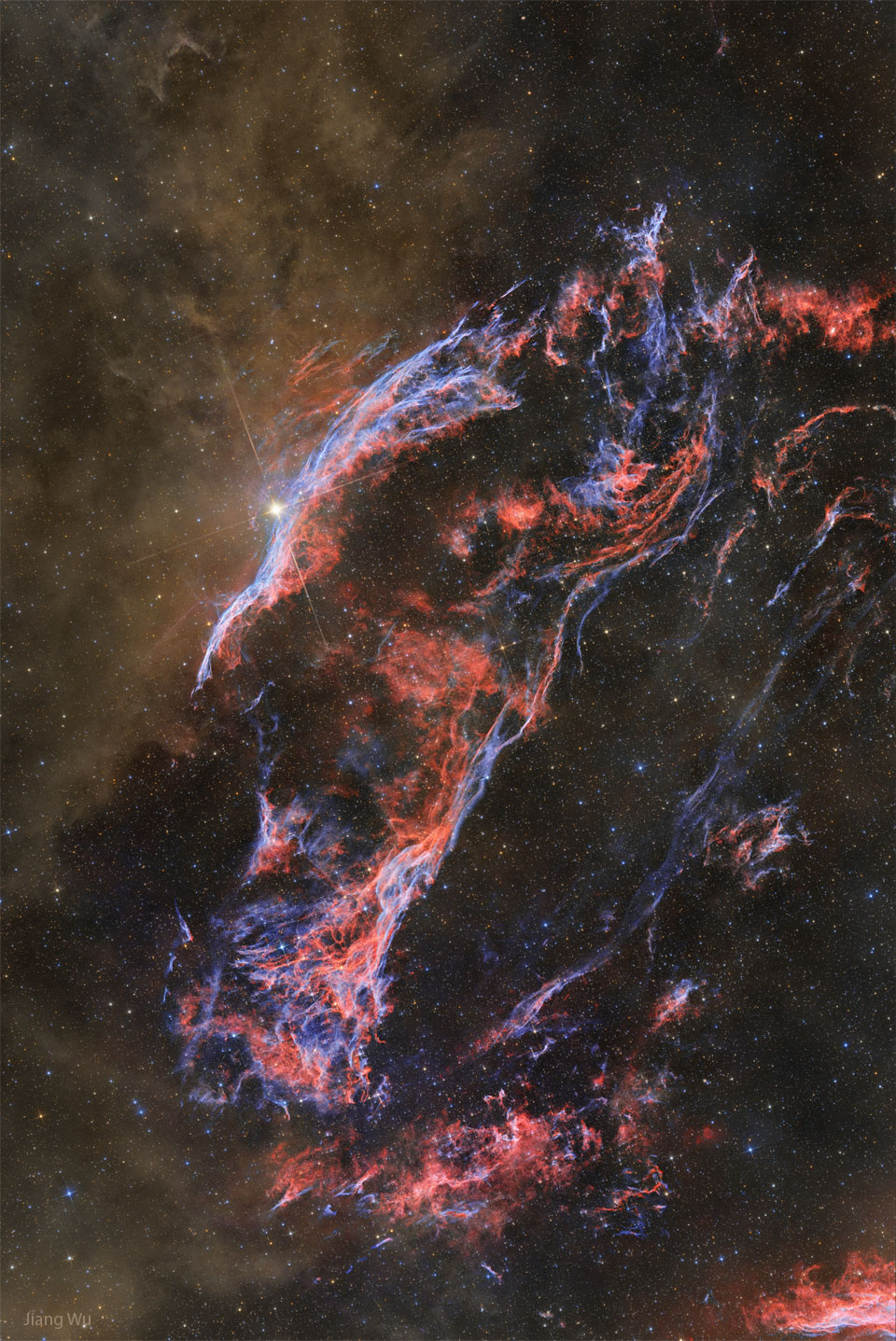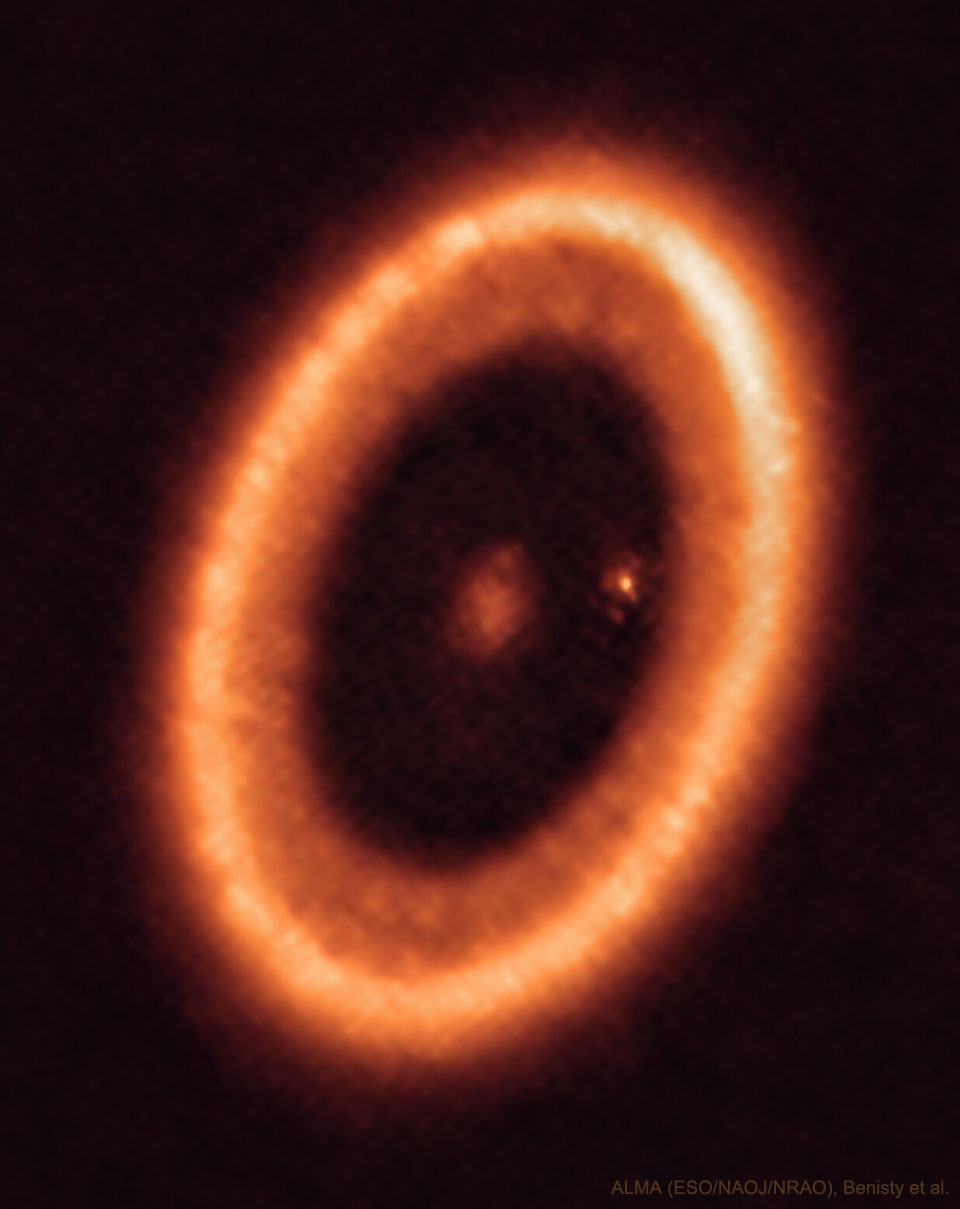Blog
Willie Lee Perryman (October 19, 1911 – July 25, 1985), usually known professionally as Piano Red and later in life as Dr. Feelgood, was an American blues musician, the first to hit the pop music charts. He was a self-taught pianist who played in the barrelhouse blues style (a loud percussive type of blues piano suitable for noisy bars or taverns). His performing and recording careers emerged during the period of transition from completely segregated “race music” to rhythm and blues, which was marketed to both white and black audiences. Some music historians credit Perryman’s 1950 recording “Rocking With Red” for the popularization of the term rock and roll in Atlanta. His simple, hard-pounding left hand and his percussive right hand, coupled with his cheerful shout, brought him considerable success over three decades.
Perryman was born on a farm near Hampton, Georgia, United States, where his parents, Ada and Henry Perryman, were sharecroppers. He was part of a large family, though sources differ on exactly how many brothers and sisters he had. Perryman was an albino African American, as was his older brother Rufus, who also had a blues piano career as “Speckled Red“.
more...Laura Nyro born Laura Nigro; October 18, 1947 – April 8, 1997) was an American songwriter and singer. She achieved critical acclaim with her own recordings, particularly the albums Eli and the Thirteenth Confession (1968) and New York Tendaberry (1969), and had commercial success with artists such as Barbra Streisand and the 5th Dimension recording her songs. Wider recognition for her artistry was posthumous while her contemporaries such as Elton John idolized her. She was praised for her strong emotive vocal style and 3-octave mezzo-soprano vocal range.
Between 1968 and 1970, a number of artists had hits with her songs: The 5th Dimension with “Blowing Away“, “Wedding Bell Blues“, “Stoned Soul Picnic“, “Sweet Blindness“, and “Save the Country“; Blood, Sweat & Tears and Peter, Paul and Mary with “And When I Die“; Three Dog Night and Maynard Fergusonwith “Eli’s Comin’“; and Barbra Streisand with “Stoney End“, “Time and Love”, and “Hands off the Man (Flim Flam Man)”. Nyro’s best-selling single was her recording of Carole King‘s and Gerry Goffin‘s “Up on the Roof“.
Nyro was posthumously inducted into the Songwriters Hall of Fame in 2010, and into the Rock and Roll Hall of Fame in 2012, Nyro was born Laura Nigro in the Bronx, the daughter of Louis Nigro, a piano tuner and jazz trumpeter, and Gilda (née Mirsky) Nigro, a bookkeeper. Laura had a younger brother, Jan Nigro, who has become a children’s musician. Laura was of Russian Jewish and Polish Jewish descent, with Italian American ancestry from her paternal grandfather. Her father gave her the name “Laura”, after hearing the title theme of the 1944 film Laura, In late 1996, Nyro, like her mother, was diagnosed with ovarian cancer. After the diagnosis, Columbia Records, with Nyro’s involvement, prepared a two-CD retrospective of material from her years at the label. She lived to see the release of Stoned Soul Picnic: The Best of Laura Nyro in 1997.
more...Israelis performing on Arabic Instruments
more...The entire Veil Nebula spans six times the diameter of the full moon, but is so dim you need binoculars to see it. The nebula was created about 15,000 years ago when a star in the constellation of the Swan (Cygnus) exploded. The spectacular explosion would have appeared brighter than even Venus for a week – but there is no known record of it. Pictured is the western edge of the still-expanding gas cloud. Notable gas filaments include the Witch’s Broom Nebula on the upper left near the bright foreground star 52 Cygni, and Fleming’s Triangular Wisp (formerly known as Pickering’s Triangle) running diagonally up the image middle. What is rarely imaged — but seen in the featured long exposure across many color bands — is the reflecting brown dust that runs vertically up the image left, dust likely created in the cool atmospheres of massive stars.

Esperanza Emily Spalding (stylized in lowercase, born October 18, 1984) is an American bassist, singer, songwriter, and composer. Her accolades include five Grammy Awards, a Boston Music Award, a Soul Train Music Award, and two honorary doctorates: in 2018 from her alma mater Berklee College of Music and in 2022 (along with Charles Lloyd and Wayne Shorter) from CalArts.
From Portland, Oregon, Spalding began playing music professionally in her childhood, performing as a violinist in the Chamber Music Society of Oregon at age five. She was later both self-taught and trained on other instruments, including guitar and bass. Her proficiency earned her academic scholarships to Portland State University and the Berklee College of Music, both of which she attended, studying music.
Spalding released her first album, Junjo, in 2006 on the Spanish label Ayva Musica, after which she signed with the independent American label Heads Up, who released her 2008 self-titled album. Her third studio album, Chamber Music Society (2010), was a commercial success, charting at number 34 on the Billboard 200, and resulting in Spalding winning her first Grammy Award for Best New Artist; Spalding was the first jazz artist to win in this category. She saw further acclaim for her fourth release, Radio Music Society(2012), which earned the Grammy for Best Jazz Vocal Album, as well as the track “City of Roses” winning for Best Arrangement, Instrument and Vocals.
After spending the following several years performing as a supporting band player, Spalding released her fifth studio album, a funk rock-inspired concept album titled Emily’s D+Evolution, co-produced by Tony Visconti, on Concord Records. The following year, she released the album Exposure, which was limited to 7,777 copies. Her subsequent sixth studio record, 12 Little Spells, was released in 2019, and peaked at number one on Billboard’s Top Jazz Albums. The album also saw Spalding nominated for two Grammy Awards, winning in the Best Jazz Vocal Album category.
In addition to writing and performing music, Spalding has also worked as an instructor, first at the Berklee College of Music, beginning at age 20. In 2017, Spalding was appointed professor of the Practice of Music at Harvard University, a position she resigned from in 2022.
more...Wynton Learson Marsalis (born October 18, 1961) is an American trumpeter, composer, and music instructor, who is currently the artistic director of Jazz at Lincoln Center. He has been active in promoting classical and jazz music, often to young audiences. Marsalis has won nine Grammy Awards, and his oratorioBlood on the Fields was the first jazz composition to win the Pulitzer Prize for Music. Marsalis is the only musician to have won a Grammy Award in both jazz and classical categories in the same year.
Marsalis was born in New Orleans, Louisiana, on October 18, 1961, and grew up in the suburb of Kenner. He is the second of six sons born to Dolores Ferdinand Marsalis and Ellis Marsalis Jr., a pianist and music teacher. He was named after jazz pianist Wynton Kelly. Branford Marsalis is his older brother and Jason Marsalis and Delfeayo Marsalis are younger. All three are jazz musicians. While sitting at a table with trumpeters Al Hirt, Miles Davis, and Clark Terry, his father jokingly suggested that he might as well get Wynton a trumpet, too. Hirt volunteered to give him one, so at the age of six Marsalis received his first trumpet.
more...Charles Edward Anderson Berry (October 18, 1926 – March 18, 2017) was an American singer, guitarist and songwriter who pioneered rock and roll. Nicknamed the “Father of Rock and Roll“, he refined and developed rhythm and blues into the major elements that made rock and roll distinctive with songs such as “Maybellene” (1955), “Roll Over Beethoven” (1956), “Rock and Roll Music” (1957) and “Johnny B. Goode” (1958). Writing lyrics that focused on teen life and consumerism, and developing a music style that included guitar solos and showmanship, Berry was a major influence on subsequent rock music.
Born into a middle-class Black family in St. Louis, Berry had an interest in music from an early age and gave his first public performance at Sumner High School. While still a high school student, he was convicted of armed robbery and was sent to a reformatory, where he was held from 1944 to 1947. After his release, Berry settled into married life and worked at an automobile assembly plant. By early 1953, influenced by the guitar riffs and showmanship techniques of the blues musician T-Bone Walker, Berry began performing with the Johnnie Johnson Trio. His break came when he traveled to Chicago in May 1955 and met Muddy Waters, who suggested he contact Leonard Chess, of Chess Records. With Chess, he recorded “Maybellene”—Berry’s adaptation of the country song “Ida Red“—which sold over a million copies, reaching number one on Billboard magazine’s rhythm and blues chart.
By the end of the 1950s, Berry was an established star, with several hit records and film appearances and a lucrative touring career. He had also established his own St. Louis nightclub, Berry’s Club Bandstand. He was sentenced to three years in prison in January 1962 for offenses under the Mann Act—he had transported a 14-year-old girl across state lines for the purpose of having sexual intercourse. After his release in 1963, Berry had several more successful songs, including “No Particular Place to Go“, “You Never Can Tell“, and “Nadine“. However, these did not achieve the same success or lasting impact of his 1950s songs, and by the 1970s he was more in demand as a nostalgia performer, playing his past material with local backup bands of variable quality. In 1972 he reached a new level of achievement when a rendition of “My Ding-a-Ling” became his only record to top the charts. His insistence on being paid in cash led in 1979 to a four-month jail sentence and community service, for tax evasion.
Berry was among the first musicians to be inducted into the Rock and Roll Hall of Fame on its opening in 1986; he was cited for having “laid the groundwork for not only a rock and roll sound but a rock and roll stance.” Berry is included in several of Rolling Stone magazine’s “greatest of all time” lists; he was ranked fifth on its 2004 and 2011 lists of the 100 Greatest Artists of All Time and 2nd greatest guitarist of all time in 2023. The Rock and Roll Hall of Fame’s 500 Songs That Shaped Rock and Roll includes three of Berry’s: “Johnny B. Goode”, “Maybellene”, and “Rock and Roll Music”. “Johnny B. Goode” is the only rock-and-roll song included on the Voyager Golden Record.
more...Anita Belle Colton (October 18, 1919 – November 23, 2006), known professionally as Anita O’Day, was an American jazz singer and self proclaimed “song stylist” widely admired for her sense of rhythm and dynamics, and her early big band appearances that shattered the traditional image of the “girl singer”. Refusing to pander to any female stereotype, O’Day presented herself as a “hip” jazz musician, wearing a band jacket and skirt as opposed to an evening gown. She changed her surname from Colton to O’Day, pig Latin for “dough”, slang for money.
Anita Belle Colton (who later took the surname “O’Day”) was born to Irish parents, James and Gladys M. (née Gill) Colton in Kansas City, Missouri, and raised in Chicago, Illinois, during the Great Depression.Colton took the first chance to leave her unhappy home when, at age 14, she became a contestant in the popular Walk-a-thons as a dancer.
more...It’s not the big ring that’s attracting the most attention. Although the big planet-forming ring around the star PDS 70 is clearly imaged and itself quite interesting. It’s also not the planet on the right, just inside the big disk, that’s being talked about the most. Although the planet PDS 70c is a newly formed and, interestingly, similar in size and mass to Jupiter. It’s the fuzzy patch around the planet PDS 70c that’s causing the commotion. That fuzzy patch is thought to be a dusty disk that is now forming into moons — and that had never been seen before. The featured image was taken in 2021 by the Atacama Large Millimeter Array (ALMA) of 66 radio telescopes in the high Atacama Desertof northern Chile. Based on ALMA data, astronomers infer that the moon-forming exoplanetary disk has a radius similar to our Earth’s orbit, and may one day form three or so Luna-sized moons — not very different from our Jupiter‘s four. PDS 70 (V1032 Centauri) is a very young T Tauri star in the constellation Centaurus. Located 370 light-years (110 parsecs) from Earth, it has a mass of 0.76 M ☉ and is approximately 5.4 million years old.

Emmanuel “Rico” Rodriguez MBE (17 October 1934 – 4 September 2015), also known as Rico, Reco or El Reco, was a Cuban-born Jamaican ska and reggae trombonist. He recorded with producers such as Karl Pitterson, Prince Buster, and Lloyd Daley. He was known as one of the first ska musicians. Beginning in the 1960s, he worked with The Members, The Specials, Jools Holland, and Paul Young.
Rodriguez was born in Havana, Cuba, and at an early age moved with his family to Jamaica. He grew up there in Kingston, and was taught to play the trombone by his slightly older schoolmate Don Drummond at the Alpha Boys School. In the 1950s, Rodriguez became a Rastafarian and was closely associated musically to the rasta drummer Count Ossie.
In 1961 Rodriguez moved to the UK, where he joined live bands such as Georgie Fame‘s Blue Flames and started to play in reggae bands. Rodriguez also began recording with his own band, Rico’s All Stars, and later formed the group Rico and the Rudies, recording the 1969 albums Blow Your Horn and Brixton Cat.In 1976 he recorded the album Man from Wareika under a contract with Island Records. In the late 1970s, he recorded a song called Offshore Banking Business with The Members and with the arrival of the 2 Tonegenre, he played with ska revival bands such as The Specials including their single “A Message to You, Rudy”
more...Barney Kessel (October 17, 1923 – May 6, 2004) was an American jazz guitarist. Known in particular for his knowledge of chords and inversions and chord-based melodies, he was a member of many prominent jazz groups as well as a “first call” guitarist for studio, film, and television recording sessions. Kessel was a member of the group of session musicians informally known as the Wrecking Crew.
Kessel was born in Muskogee, Oklahoma in 1923 to a Jewish family. Kessel’s father was an immigrant from Hungary who owned a shoe shop. His only formal musical study was three months of guitar lessons at the age of 12. He began his career as a teenager touring with local dance bands. When he was 16, he started playing with the Oklahoma A&M band, Hal Price & the Varsitonians. The band members nicknamed him “Fruitcake” because he practiced up to 16 hours a day. Kessel gained attention because of his youth and being the only white musician playing in all African American bands at black clubs.
more...William Randolph “Cozy” Cole (October 17, 1909 – January 9, 1981) was an American jazz drummer who worked with Cab Calloway and Louis Armstrong among others and led his own groups.
William Randolph Cole was born in East Orange, New Jersey, United States. His first music job was with Wilbur Sweatman in 1928. In 1930, he played for Jelly Roll Morton‘s Red Hot Peppers, recording an early drum solo on “Load of Cole”. He spent 1931–33 with Blanche Calloway, 1933–34 with Benny Carter, 1935–36 with Willie Bryant, 1936–38 with Stuff Smith‘s small combo, and 1938–42 with Cab Calloway. In 1942, he was hired by CBS Radio music director Raymond Scott as part of network radio’s first integrated orchestra. After that he played with Louis Armstrong’s All Stars.
Cole performed with Louis Armstrong and his All Stars with Velma Middleton singing vocals for the ninth Cavalcade of Jazz concert held at Wrigley Field in Los Angeles. The concert was produced by Leon Hefflin, Sr. on June 7, 1953. Also featured that day were Roy Brown and his Orchestra, Don Tosti and His Mexican Jazzmen, Earl Bostic, Nat “King” Cole, and Shorty Rogers and his Orchestra.
more...

This glittering image shows the spiral galaxy IC 5332, which lies about 30 million light-years away in the constellation Sculptor, and has an almost face-on orientation to Earth. To explain what is meant by ‘face-on’, it is helpful to visualise a spiral galaxy as an (extremely) large disc. If the galaxy is oriented so that it appears circular and disc-shaped from our perspective here on Earth, then we can say that it is ‘face-on’. In contrast, if it is oriented so that it appears squashed and oval-shaped, then we would say that it is ‘edge-on’. The key thing is that the same galaxy would look extremely different from our perspective depending on whether it was face-on or edge-on as seen from Earth. Check out these previous Hubble Pictures of the Week for examples of another face-on spiral galaxy and an almost edge-on spiral galaxy.
IC 5332 is designated as an SABc-type galaxy in the De Vaucouleurs system of galaxy classification. The ‘S’ is straightforward, identifying it as a spiral galaxy, which it clearly is, given the well-defined arms of bright stars and darker dust that curl outwards from the galaxy’s dense and bright core. The ‘AB’ is a little more complex. It means that the galaxy is weakly barred, which refers to the shape of the galaxy’s centre. The majority of spiral galaxies do not spiral out from a single point, but rather from an elongated bar-type structure. SAB galaxies — which are also known as intermediate spiral galaxies — do not have a clear bar-shape at their core, but also do not spiral out from a single point, instead falling somewhere in between. The lowercase ‘c’ describes how tightly wound the spiral arms are: ‘a’ would indicate very tightly wound, and ‘d’ very loosely wound. Thus, IC 5332 is quite an intermediate spiral galaxy on many fronts: weakly barred, with quite loosely wound arms, and almost completely face-on!

More Posts
- World Music with RAM from Haiti
- Daily Roots with Otis Gayle
- Judge Judy & mick laBriola
- The Cosmos with Rho Ophiuchi
- Stevie Wonder Day
- Red Garland Day
- Gil Evans Day
- World Music with Áššu, Ulla Pirttijärvi, Harald Skullerud, Olav Torget
- Daily Roots with the Heptones
- Happy Mothers Day to Fathers
- Happy Mothers Day 2019
- The Cosmos with IC 1802
- Stevie Winwood Day
- Gary Peacock Day
- Daily Roots with Sizzla
- Dror Sinai & Yair Dalai Carlton College 5-11-19
- The Cosmos with NGC 2903
- Eric Burdon Day
- Carla Bley Day
- Comer Moon Mullins Day